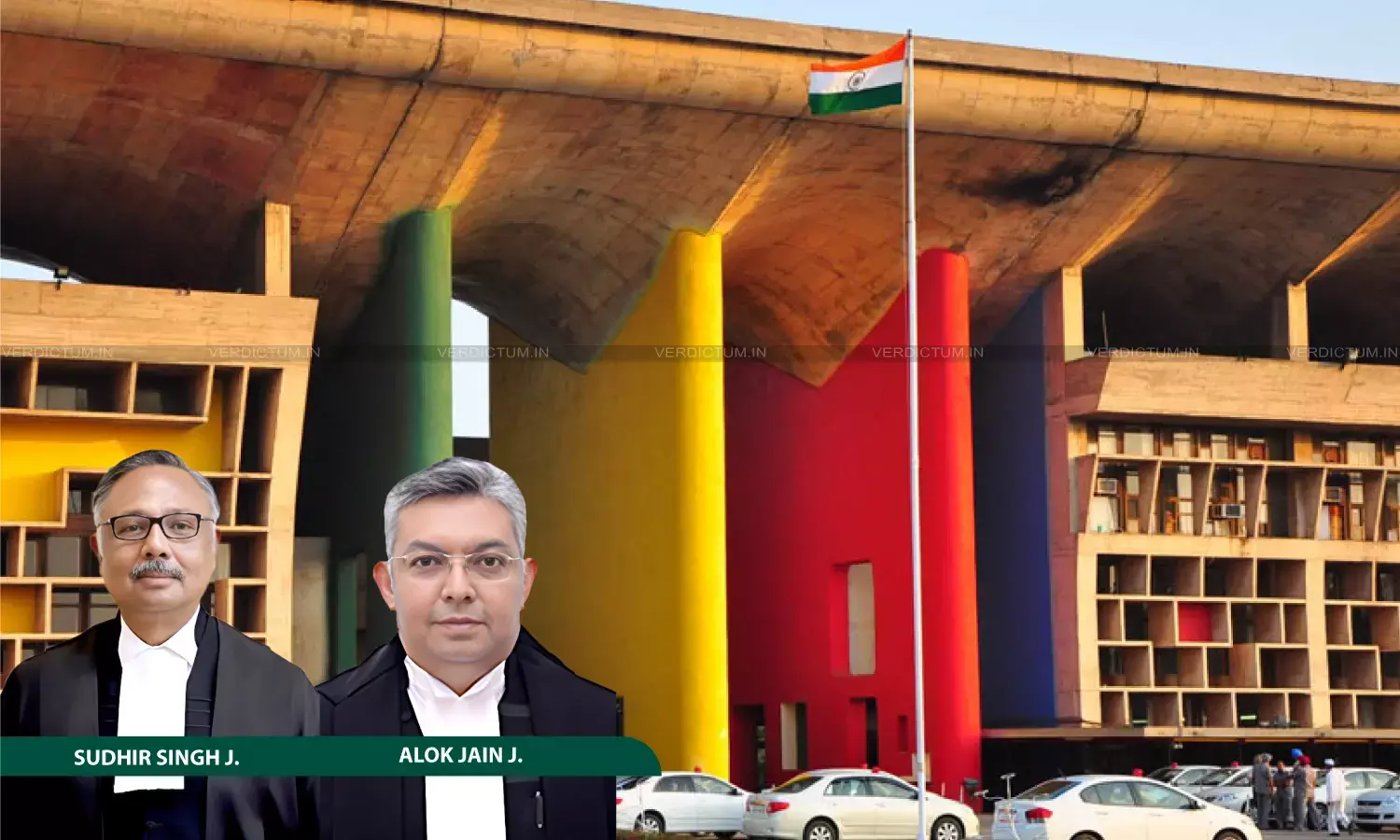Long-Term Daily Wagers With 10+ Years’ Service Entitled To Minimum Pay & Regularisation Despite Lack Of Sanctioned Posts Or Educational Qualification: Punjab & Haryana High Court
The Court said employees with long continuous service cannot be denied regularisation or minimum pay for lack of sanctioned posts or qualifications.

The Punjab & Haryana High Court has held that long-serving employees engaged on a daily wage, ad hoc, or contractual basis are entitled to regularisation and the minimum of the pay scale if they have completed ten years of continuous service, irrespective of whether they hold sanctioned posts or possess the minimum educational qualifications. The Court dismissed a batch of 136 Letters Patent Appeals filed by the State of Punjab challenging a common order passed by a Single Judge granting such relief to over a hundred employees across departments.
A Division Bench of Justice Sudhir Singh and Justice Alok Jain observed, “Once the appellants have not disputed the length of service of the respondents, they cannot deny their legal right for being considered or entitled to regularisation merely on the ground that they have been working as such on daily wages. Grant of any indulgence on such count would amount to allowing the appellants to take benefit of their dominion.”
The Court explained, “An employee, who has rendered more than 30 years’ service under the State, cannot be denied benefit of regularisation on the ground of lack of requisite/minimum qualification. Denying him the benefit… would be totally iniquitous.”
Senior Additional Advocate General Shekhar Verma appeared for the State, while Senior Advocate Pawan Kumar Mutneja represented the Respondents.
Brief Facts
The appeals were directed against the common judgment passed by a Single Judge in more than 140 writ petitions. The Petitioners were engaged by various departments of the Punjab Government on daily wage, ad hoc, or contractual basis between 1985 and 1996. Despite decades of continuous service, some for over thirty years, they had not been regularised nor paid the minimum of the pay scale.
They sought directions from the Court for regularisation and parity of pay, citing the State’s regularisation policies and constitutional protections. The Single Judge held that employees who had completed ten years of continuous service as of December 2006 could not be denied the benefit of regularisation or minimum pay solely on the ground of absence of sanctioned posts or requisite qualifications, and further extended monetary benefits to those who had retired or passed away during the litigation.
The State filed 136 intra-court appeals, contending that the Single Judge could not have directed regularisation without sanctioned posts, and that the respondents lacked eligibility and minimum qualifications.
Reasoning of the Court
The Division Bench rejected the State’s contentions, holding that the employees had a legitimate expectation of regularisation after decades of service. It observed, “Once the appellants have not disputed the length of service of the respondents, they cannot deny their legal right for being considered or entitled to regularisation merely on the ground that they have been working as such on daily wages.”
Addressing the argument that no sanctioned posts were available, the Bench stated, “The plea of the appellants that the respondents were appointed as daily wages is not tenable… in the instant case, the employees have either worked or been working for more than three decades and therefore, they cannot be termed to be daily wagers.”
The Court observed that even in the absence of formal appointment orders or creation of posts, long and uninterrupted service created enforceable rights. “The appellants cannot be allowed to play according to their convenience. On the one hand, they have availed the services of the respondents, and on the other, they are denying them the benefit of regularisation”, the Court stated.
Dealing with the State’s submission that judicial orders cannot direct creation of posts, the Court observed, “Though the Court cannot ask the State to create or sanction post(s), yet the respondents cannot be denied the benefit of regularisation on the ground of lack of sanctioned post(s) or minimum educational qualification.”
The Court held that the Single Judge had rightly recognised the service rights of employees who had served the State continuously for over a decade, stating, “An employee, who has rendered more than 30 years’ service under the State, cannot be denied benefit of regularisation on the ground of lack of requisite/minimum qualification. Denying him the benefit… would be totally iniquitous.”
The Bench noted that the consistent exploitation of workers who had spent their prime years in public employment could not be shielded behind administrative inaction or formalistic objections, and observed, “The appellants cannot be allowed to play according to their convenience. On the one hand, they have availed the services of the respondents, and on the other, they are denying them the benefit of regularisation.”
The Court upheld the direction that those who had superannuated or passed away during the pendency of the litigation would be entitled to receive arrears from the date they completed ten years of service until retirement or death.
Consequently, the Court dismissed the batch of 136 Appeals filed by the State.
Cause Title: State of Punjab & Ors v. Sarwan Ram & Ors. & Connected LPAs (Neutral Citation: 2025:PHHC:605364-DB)
Appearance:
Appellant: Additional Advocate General Shekhar Verma, Kuljit Singh; Advocate Manu Loona
Respondents: Senior Advocate Pawan Kumar Mutneja; Advocates V.S. Mahal, Suverna Mutneja, Vishesh Bhatia, Baldev Singh Sodhi, Sandeep Siwatch, Vishal Sharma, Harbans Lal Sharma, Dhiraj Chawla, Vicky Arora, Alisha Arora, Anju Arora, Arjun Sawhni, Manu K. Bhandari, Ashu Rana
Click here to read/download Judgment


